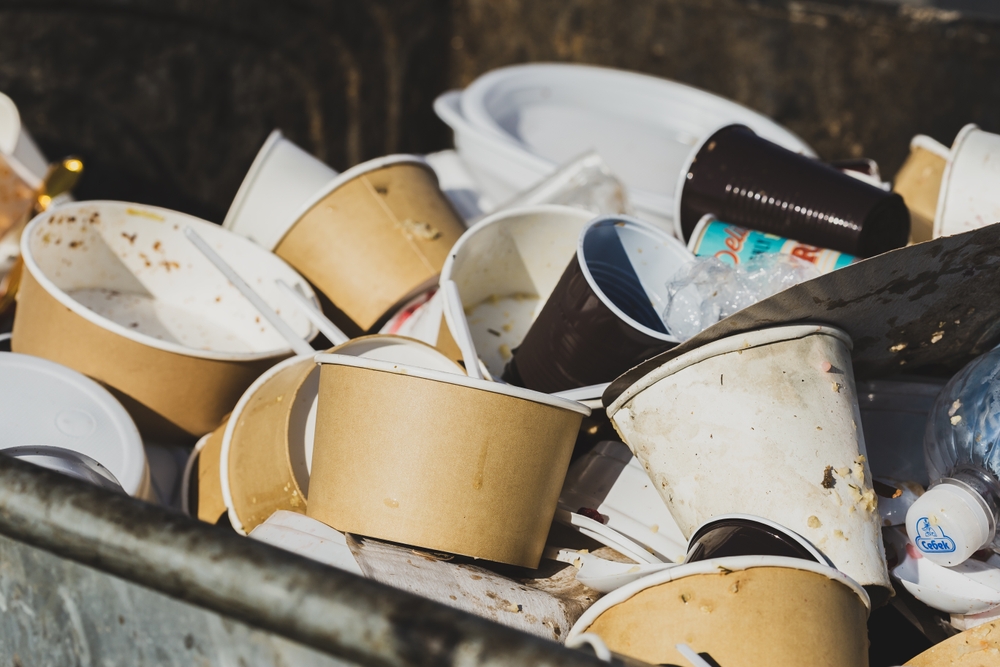The strategy sets clear goals for government and private sectors to curb food loss and waste.
Others are reading now
Today, the FDA, the U.S. Department of Agriculture (USDA), and the U.S. Environmental Protection Agency (EPA) launched the “National Strategy for Reducing Food Loss and Waste and Recycling Organics.”
This initiative is part of President Biden’s comprehensive plan to combat climate change, enhance food security, and support environmental justice. The strategy aims to prevent food loss and waste, boost recycling of organic materials, reduce greenhouse gas emissions, and promote a circular economy.
Goals and Commitments from Federal Agencies
The strategy sets clear goals for government and private sectors to curb food loss and waste.
It aligns with the Biden-Harris Administration’s National Strategy on Hunger, Nutrition, and Health. FDA Commissioner Robert M. Califf emphasized the FDA’s dedication to supporting food loss and waste prevention.
Also read
“The FDA is committed to completing the actions outlined in the National Strategy that incentivize and encourage food loss and waste prevention and organics recycling,” Califf said.
New resources, such as the 2022 Food Code and the Food Loss and Waste Social Media Toolkit, will help in this effort.
USDA Secretary Tom Vilsack highlighted the agency’s commitment to reducing food waste by 50% by 2030.
“This National Strategy charts a course to reduce our nation’s food loss and waste by 50% by 2030, and I am proud of the actions outlined for USDA and our Federal partners,” Vilsack stated.
He urged action across all sectors to meet this target, adding, “Everyone has a role to play in reducing food loss and waste, and I hope that these federal commitments will inspire and catalyze action in the private sector and communities around the US.”
Comprehensive Actions for a Sustainable Future
EPA Administrator Michael S. Regan stressed the economic and environmental impacts of food waste.
“Each year, too much food produced in the United States ends up in landfills instead of on dining room tables. This hurts our economy by raising the cost of food and contributing to climate pollution,” Regan said. He noted that the new strategy provides a comprehensive set of actions to tackle these issues.
The plan includes preventing food loss and waste, increasing organic waste recycling, and supporting policies that incentivize these efforts.
Specific FDA actions include updating guidance for biodegradable packaging and monitoring the elimination of harmful PFAS coatings. Additionally, they will advance digital tracing technologies to manage contaminated food.
These efforts aim to improve food security, create jobs, enhance supply chain resilience, and save money, especially in underserved communities.


